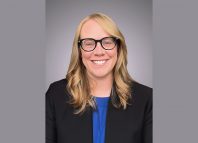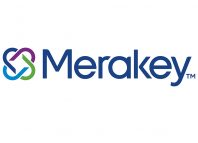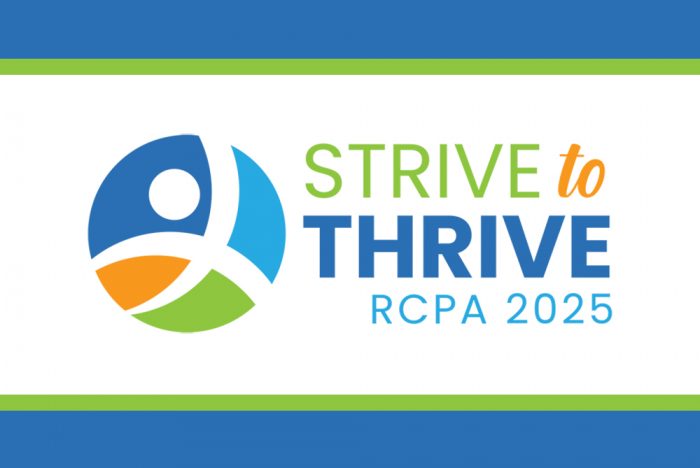This week’s Mental Health Safety Net (MHSN) Coalition weekly advocacy communication focuses on the Commonwealth’s need for an increase in funding for children’s mental health services. The full advocacy letter can be read here.
The MHSN Coalition is a group of stakeholders participating in a joint advocacy effort to protect and preserve our mental health service delivery system. RCPA invites all members, non-members, and systems-wide behavioral health stakeholders to participate in the Mental Health Safety Net Coalition meeting on Monday, July 14, 2025, from 2:30 pm – 3:00 pm. This meeting will serve to update the group on strategy, activities, and engagement opportunities.
Please contact Emma Sharp with questions or if you would like to join the coalition.

















